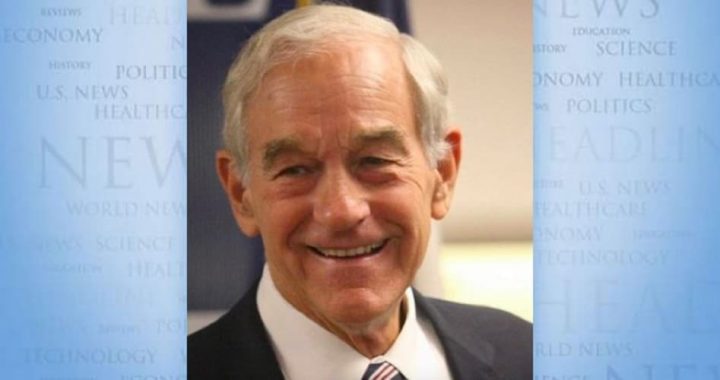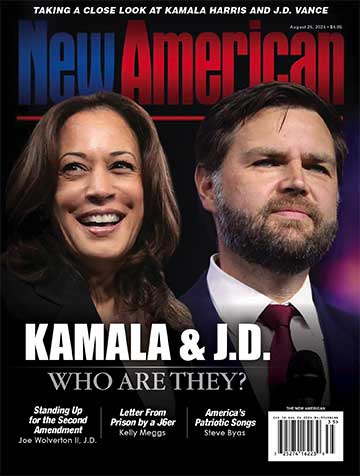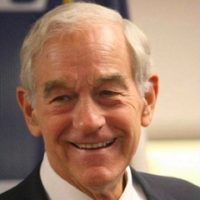
Former President and current Republican Presidential Nominee Donald Trump recently renewed his criticisms of the Federal Reserve. He suggested that, if he returns to the White House next year, he will push Congress to pass legislation giving the president at least a say in the Fed’s decisions regarding interest rates.
President Trump thinks that because he “made a lot of money” in business he has “a better instinct” as to what interest rates should be than do the members of the Federal Reserve Board. President Trump may have better instincts regarding how markets operate than Federal Reserve Chairman Jerome Powell and Powell’s colleagues, but that does not make President Trump any more capable of knowing the “correct” interest rates than the Fed board.
Interest rates are the price of money. Like all prices, the “correct” interest rate is set by the interaction of free people acting in a free market, not by a central planner.
Interest rates, like all prices, send signals to market actors regarding market conditions. When bureaucrats or politicians manipulate the money supply in order to change the interest rates, they distort those signals. These distortions are the reason the American economy has been plagued by a boom-and-bust business cycle.
Politicians favor an “easy money” policy because it creates an (illusionary) economic boom. The Fed-created boom helps the politicians remain in office. A reason politicians favor low interest rates is they facilitate government spending and debt, thus enabling politicians to aid powerful special interests via government spending. The desire to monetize the federal debt is one reason, if not the main reason, why the central bank keeps interest rates low.
The policy of perpetually low interest rates favored by politicians will hasten the inevitable collapse of the fiat money system.
Donald Trump is far from the first US president to try to “influence” monetary policy. Presidents of both parties have used varying degrees of pressure to get the Fed to adopt a monetary policy favorable to the presidents’ agendas. President Dwight Eisenhower pressured Fed Chairman William Martin to increase the money supply or resign. Martin eventually gave in and increased the money supply.
President Richard Nixon and Fed Chairman Arthur Burns were recorded joking about the Fed’s independence. Lloyd Bentsen, President Bill Clinton’s first Treasury secretary, described a gentleman’s agreement with Fed Chairman Alan Greenspan where the Fed would shape monetary policy to support Clinton’s economic program.
An extreme example of a president trying to influence monetary policy is when Lyndon Johnson shoved the Fed chairman against a wall because the Fed raised interest rates, hindering Johnson’s ability to spend on the Vietnam War and the “Great Society.”
Since Congress created the Fed in 1913, the US dollar has lost over 97 percent of its purchasing power. This proves Donald Trump is right about the need for drastic changes in monetary policy. However, he is wrong to think that he, or any politician, bureaucrat, or businessperson, is capable of knowing the “correct” interest rate. Instead of giving politicians greater ability to influence the Federal Reserve, the next president should work with Congress to pass legislation legalizing competing currencies, forbidding the Fed from purchasing federal debt, and auditing and ending the Federal Reserve.
Ron Paul is a former U.S. congressman from Texas. This article originally appeared at the Ron Paul Institute for Peace and Prosperity and is reprinted here with permission.



